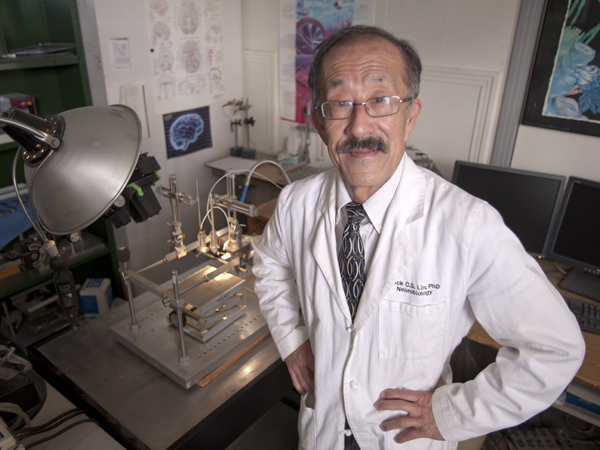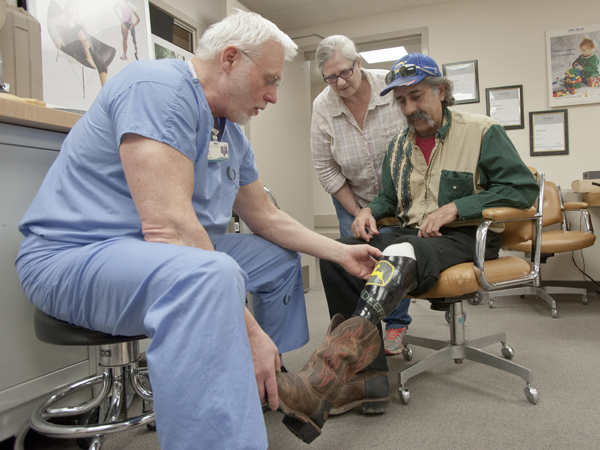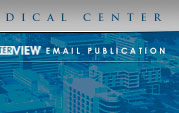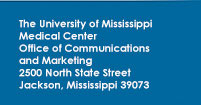|
Just minutes after his left leg was all but severed in a farming accident, Albert Hattum says, he accepted the fact he’d probably lose his limb.
What he didn’t accept is that he wouldn’t walk again, drive farm equipment or have a life less full than before his leg was sucked into his John Deere combine after he tried to remove a rock lodged in its blades.
|

|
A team of Mississippi and California researchers have managed to prove something scientists have hoped to be true about the brain.
It can be rewired.
|
|
The Medical Center is proud to announce the following additions to its faculty and leadership staff:
|

|






















